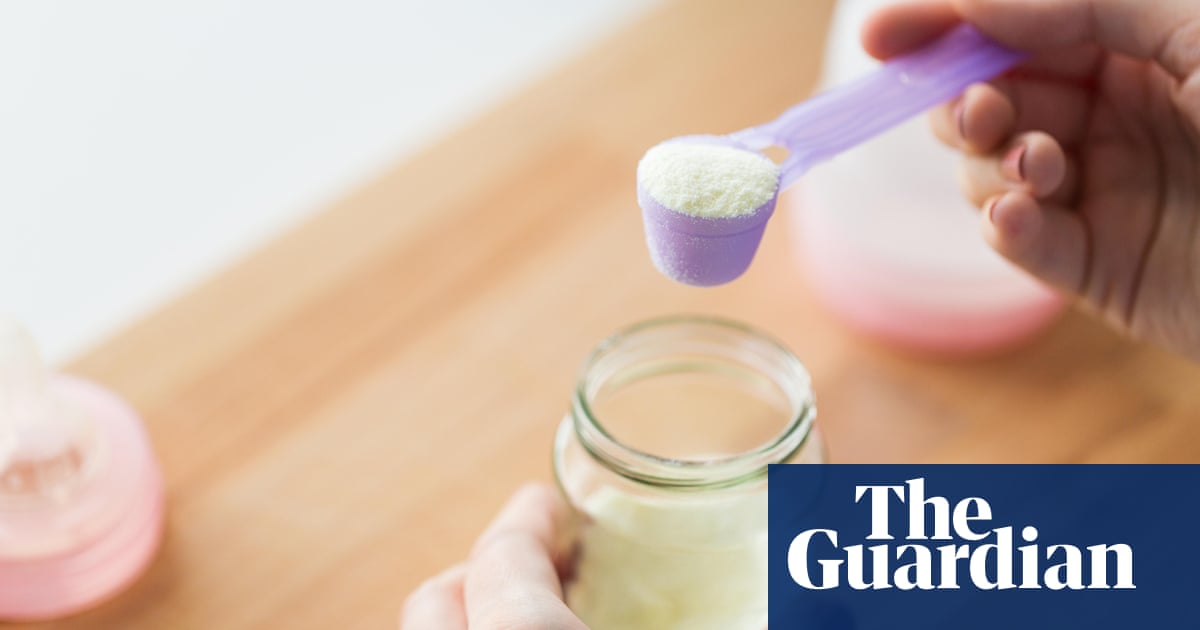‘Aggressive’ marketing of formula milk flouts code, warns WHO as it urges curbs - 3 minutes read

In research, commissioned 41 years after the global health community drew up guidelines aimed at regulating the industry, experts found that the marketing of formula had “no limits” and had become more “unregulated and invasive” in the digital age.
“The commonalities are there,” he said. “But instead of packaging being an opportunity for commercial marketing, it should be a place where public health can actually give accurate information to women. And if that type of information can be given clearly and honestly, then I think that’s a good thing.”
In the report, Tedros and Henrietta Fore, Unicef’s executive director until last month, said that while formula milk “has its place for women and parents who are not able or do not want to breastfeed”, babies’ best possible source of nutrition was their mother’s milk.
The message carries particular weight in developing countries where parents often do not have easy access to clean water or sufficient supplies of formula powder, which public health bodies say can result in milk that is potentially harmful and can lead to diarrhoea and malnutrition.
The long-term benefits of breastfeeding, to both mother and child, applied “across the board”, said Rollins. The WHO advises that babies everywhere be exclusively breastfed for the first six months and are given breastmilk alongside solid food until they are two years old.
The new research – which comes 41 years after a set of non-binding regulations known as the international code of marketing of breastmilk substitutes was passed by the World Health Assembly – surveyed 8,500 parents and pregnant women and 300 health workers in eight countries, including Britain, China, Nigeria and Bangladesh.
Large numbers of health workers internationally had been approached by the industry to influence their recommendations to new mothers through promotional gifts, free samples, funding for research, paid meetings, events and conferences, and even commissions from sales, the research found.
“Decisions on something as fundamental and as influential as infant feeding should be primarily based on the most accurate and truthful information and not information that is somehow linked with commercial interests and commercial gain,” he added.
“Exploring the area of plain packaging is definitely an area that we’re looking [at] because it was an area brought up by the mothers [surveyed],” said Rollins.
“Mothers said they found the packaging confusing, not clear, and they were left uncertain what to do, or what to choose, because of the messages on the package.”
“The message this conveys to mothers is really concerning – that in terms of health risks, formula is somehow on a par with tobacco or more risky per se than alcohol or other products known to negatively impact health.
Source: The Guardian
Powered by NewsAPI.org